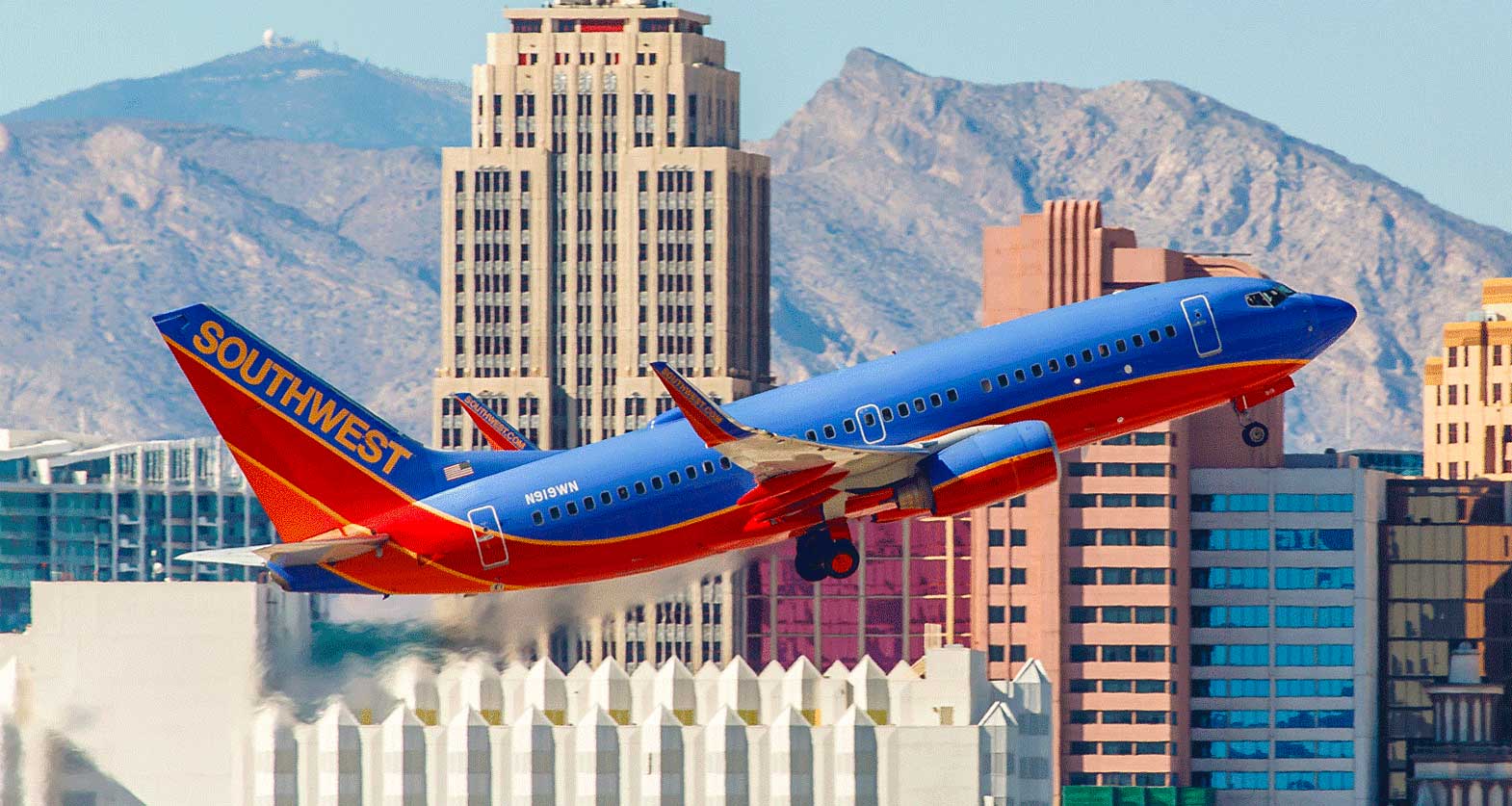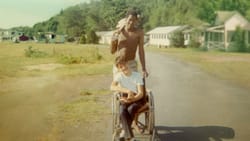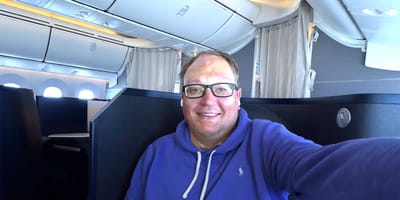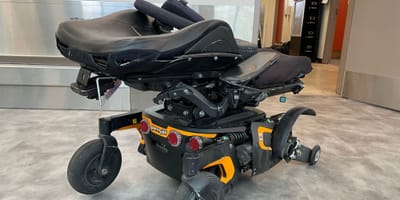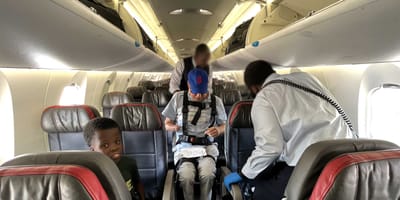American Airlines and Southwest Airlines will no longer welcome passengers with certain disabilities onboard their aircraft, according to a report by Dallas News. On Wednesday, both airlines updated their mandatory face mask policies, eliminating exceptions for people with disabilities. As a result, disabled passengers who are unable to wear face masks, including people with breathing difficulty, autism, PTSD, severe anxiety and other medical conditions that make wearing a mask impossible, will no longer be permitted to fly.
Updated airline policies ban disabled passengers who can’t wear face masks
The airlines’ updated face mask policies are copied below:
American: Due to safety risk of asymptomatic COVID-19 transmission by individuals without face coverings, all customers must wear a face covering from the time they enter their departure airport and not remove it until they exit their arrival airport. This updated policy expands American’s face covering requirement to include all areas of the airports at which American operates, including Admirals Club lounges, as well as on board all American flights and does not allow for exemptions for those over 2 years old.
Southwest: If a Customer is unable to wear a face covering for any reason (even a verifiable medical condition), we regret that we are unable to transport the Customer at this time, due to safety risk of asymptomatic COVID-19 transmission by Customers without face coverings. In other words, because of public health guidance recognizing the important role of face coverings in preventing the transmission of COVID-19, Southwest will temporarily refuse to transport any passenger who is unable to wear a mask even if the Customer has a verifiable medical condition that prevents them from wearing a mask.
These policies have surely been designed to eliminate abuses by an increasing number of passengers who fraudulently claim protections reserved for disabled persons. While the desire to curb abuse is a worthy goal, the policies now forbid many legitimately disabled passengers from accessing air transportation for as long as face masks are required.
Airlines label disabled people who can’t wear masks as a “direct threat”
It is my belief that these policies unfairly target disabled people and violate the Air Carrier Access Act, specifically §382.19(a), which states that carriers “must not refuse to provide transportation to a passenger with a disability on the basis of his or her disability.” One exception does permit the rejection disabled passengers who pose a “significant risk to the health and safety of others.” This refusal on the basis of a so-called “direct threat” requires that carriers conduct an “individualized assessment” of each disabled passenger to consider the following:
- The nature, duration, and severity of the risk;
- The probability that the potential harm to the health and safety of others will actually occur; and
- Whether reasonable modifications of policies, practices, or procedures will mitigate the risk.
The blanket refusals to accommodate disabled passengers who cannot wear masks by American and Southwest Airlines violate the requirement of an individualized assessment. They fail to consider a number of circumstances that, following an honest review, would result in a passenger being deemed a non-threat, including:
- The passenger has remained isolated for two weeks prior to travel and could not have been exposed to COVID-19.
- The passenger has undergone a COVID-19 test prior to travel and received negative results.
- The passenger was previously infected with COVID-19, has recently recovered and is no longer at risk of transmitting the virus or becoming infected.
Selective application of “direct threat” exemption only targets the disabled
Something that is hidden in plain sight, and which the Department of Transportation’s Aviation Consumer Protection Division should not ignore, is that neither airline is requiring any passenger to wear a face mask for the entire duration of the flight.
American Airlines states that passengers may remove their face mask in the airport and onboard “when eating or drinking.” And, rather than attempt to discourage eating, drinking and face mask removal onboard the aircraft, AA provides every passenger with a complimentary bag of snacks and bottled water during boarding. In First Class, there is full bar service on every flight and plated meal service on flights over 900 miles. That’s a lot of eating, drinking and spreading germs into the air!
Southwest has noted a similar exemption to face mask use for passengers who are eating, drinking or taking medication.
This begs the question, if passengers are permitted to go mask-less at their own discretion during flight, do they not also pose a “direct threat” to the health and safety of others? If airlines want to ban disabled people who have been advised by the CDC not to wear masks, they should also be required to ban those passengers who remove their mask at any point during flight. The policies selectively exclude disabled people – the very definition of disability discrimination.
Final Thoughts
Every person in the United States has the right to move freely, but as ever more restrictive mask mandates are enacted by airlines, hotels and other businesses, disabled people who are unable to wear masks will find it much more difficult to participate in society.
The policies announced by American and Southwest send the message that air travel is only essential to nondisabled people, and that disabled people can be excluded without regard for their civil rights. Inconsistencies in the application of face mask requirements and a failure to consider requests for disability accommodations on a case-by-case basis are clear violations of the Air Carrier Access Act and demand immediate action from the Department of Transportation.
America’s skies must be open to every person, including those with disabilities.
Note: The Centers for Disease Control has advised that any person who is able to wear a mask should do so. By wearing our masks, we can create an environment where our disabled peers, including those who cannot wear masks, can safely exist and participate in the community.

